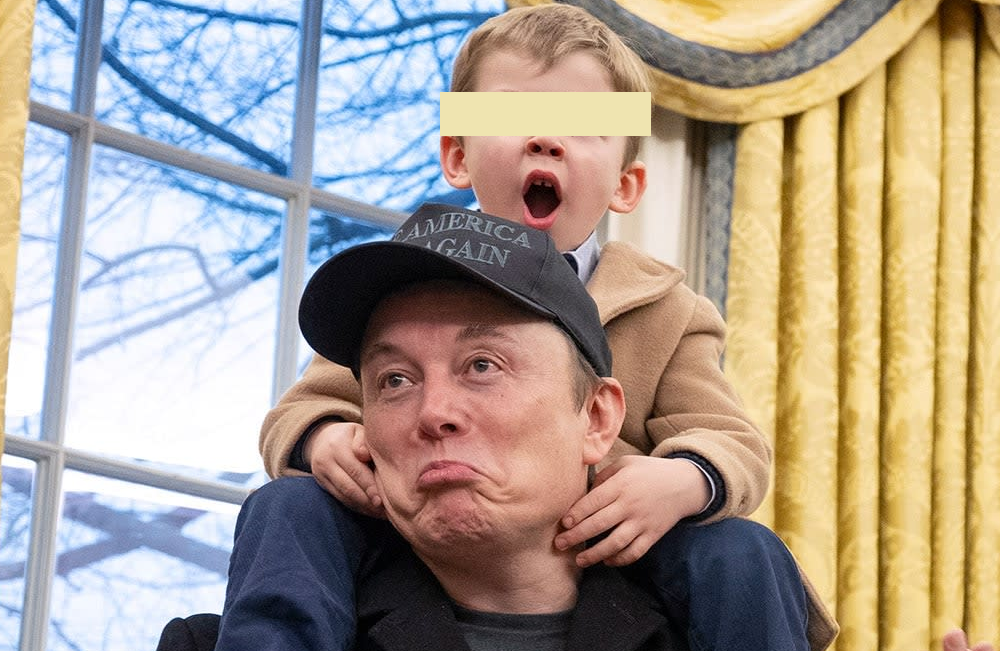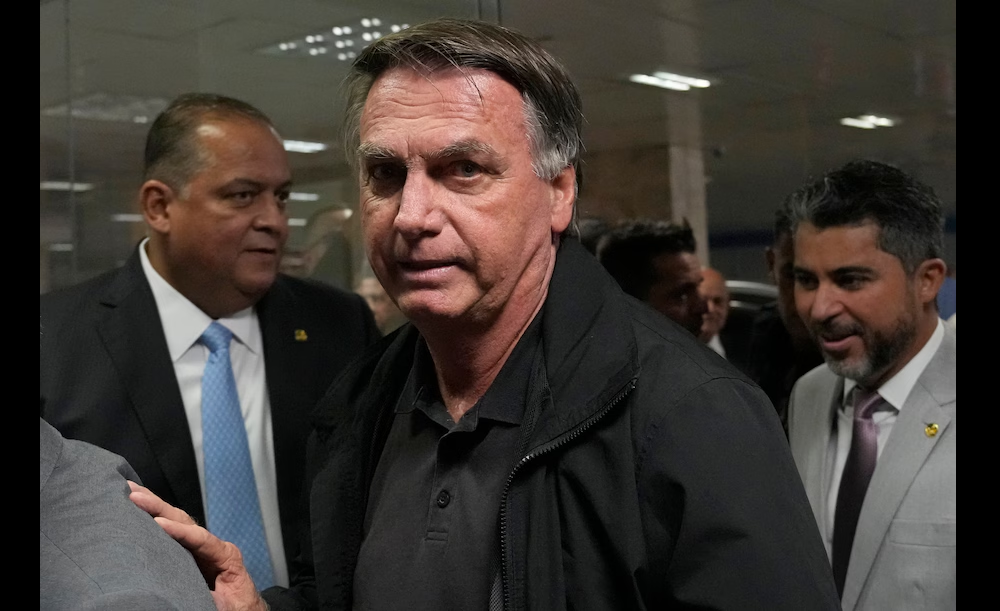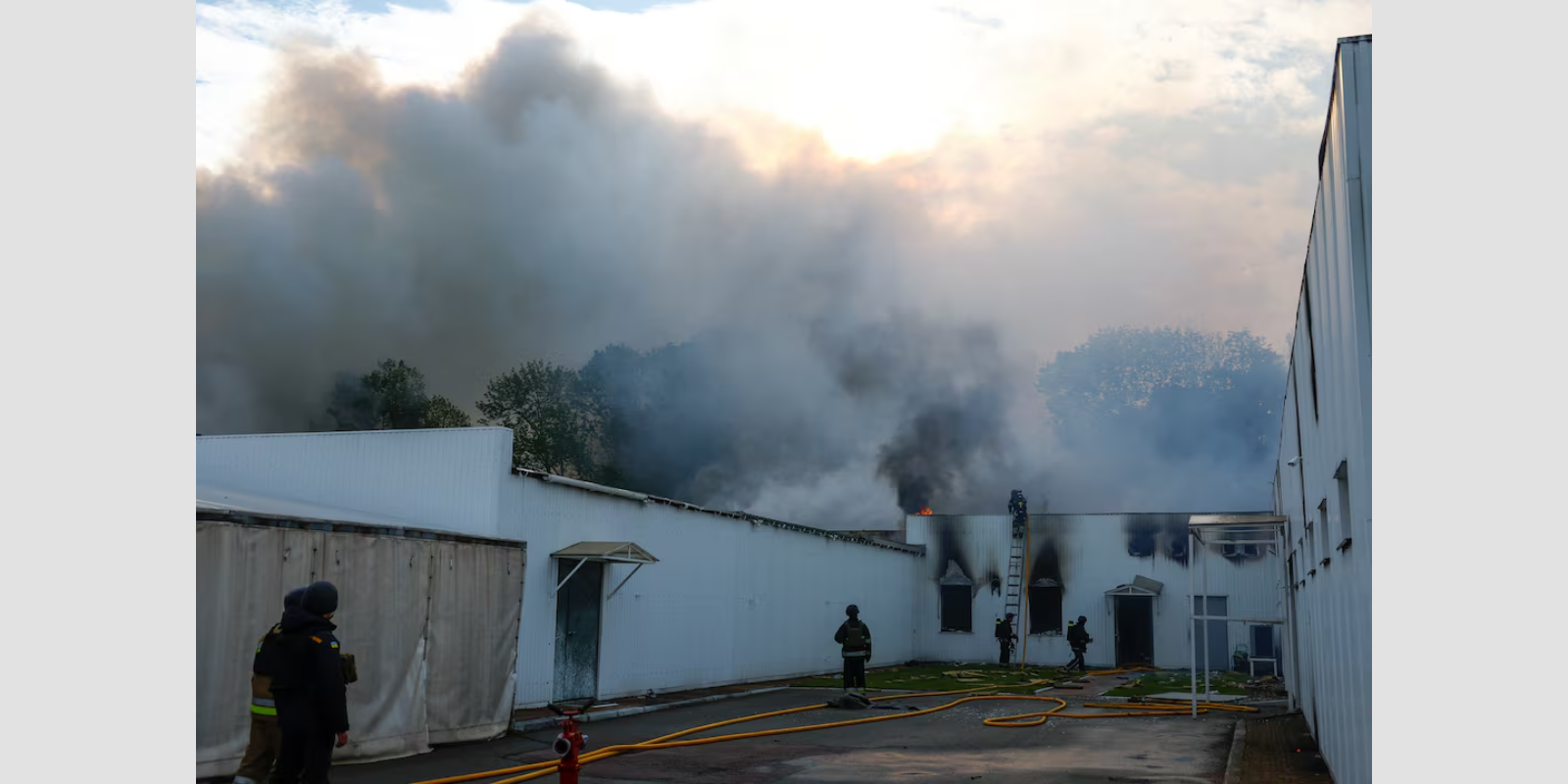Trump weighs U.S. involvement in Iran, demands ‘unconditional surrender’ as Iran and Israel trade strikes
President Donald Trump gathered his top security advisers Tuesday at the White House, as the U.S. military increased firepower in the Middle East amid ongoing strikes between Israel and Iran. “He may decide he needs to take further action to end Iranian enrichment,” Vice President JD Vance said in a post Tuesday on X. In posts to social media, Trump demanded “unconditional surrender” from Iran and said that the United States knows where Iran’s supreme leader is but won’t kill him, “at least not for now.”
Washington Post 17-06-2025
Key updates
- Trump: U.S. knows where Iran leader is but won’t kill him, ‘at least not for now’
- Pentagon expands Middle East response as Israel, Iran trade strikes
- Trump says he is seeking a ‘real end’ to Israel-Iran conflict, ‘not a ceasefire’
The fifth day of Israel-Iran strikes
Annabelle Timsit, Abbie Cheeseman, Leo Sands and Lior Soroka Washington Post 17-06-2025
A U.S. attack on Iran could have major consequences for Donald Trump’s presidency and the region. Trump left the G-7 summit in Canada a day early Monday to decide whether to join Israel in an effort to destroy Iran’s key underground nuclear facilities — or go in a different direction by engaging in last-minute diplomacy with Tehran in a bid to impair its ability to build a nuclear weapon, U.S. officials said. Trump told reporters on Air Force One early Tuesday that he was “looking for better than a ceasefire” and wants “a real end” to Iran’s nuclear program.
U.S. officials told The Washington Post late Monday that the Pentagon is expanding its military presence in the Middle East to increase the options available to commanders, should U.S. assets in the region face a direct threat.
Iran fired about 30 missiles toward central Israel on Tuesday morning, injuring at least 12 people, according to Israel’s military and emergency services. Tehran claimed it inflicted strategic damage. Nadav Shoshani, a spokesman for the Israel Defense Forces, told The Post that Iran’s overnight attacks were the “least impactful night … since the beginning of this operation.”
Iranian media reported explosions and heavy air defense fire in Tehran and explosions in the northwestern city of Tabriz. On Tuesday afternoon, Iran’s military announced attacks against Israel involving hundreds of drones and “new and advanced weapons” that it said will “intensify in the coming hours,” according to statements published by state media.

President Donald Trump speaks to reporters while flying aboard Air Force One © Mark Schiefelbein/AP
Donald Trump calls for Iran’s ‘unconditional surrender’
US president fuels speculation that America could join Israeli military action
FT Lauren Fedor and Demetri Sevastopulo in Washington and James Shotter in Jerusalem 17-06-2025
Donald Trump called for Tehran’s “unconditional surrender” in a series of bellicose comments that left the door open to the US joining Israeli strikes against Iran.
The US president said his patience was “wearing thin” and boasted Iran’s supreme leader Ayatollah Ali Khamenei was an “easy target”, in a series of posts made a day after he left the G7 summit in Canada early to focus on the war.
“We are not going to take him out (kill!), at least not for now,” Trump said. “But we don’t want missiles shot at civilians, or American soldiers.”
The intervention from Trump came amid mounting fears that the war between two of the Middle East’s most powerful militaries, triggered by Israel’s surprise assault on Iran last week, could spill over into a broader regional conflict.
Three people familiar with discussions inside the Trump administration said officials were actively debating whether the US should join Israel in attacking Iran, or providing military support for the Israeli campaign. The president held a meeting on Iran in the White House situation room on Tuesday that lasted roughly 80 minutes.
While Israel’s military has had early successes since launching its surprise attack on Iran last Friday, analysts are doubtful it would be able to destroy Iran’s nuclear capabilities without US involvement, as the US is the only country believed to have bombs powerful enough to damage the crucial Fordow uranium enrichment plant, which is located deep underground.
As the US pivoted towards a heightened military posture in the region, the big question was whether Trump intended to enter the conflict or whether he was using the apparent threat of military action as a way to increase leverage on Tehran.
US vice-president JD Vance said Trump “may decide he needs to take further action” to stop Iran enriching uranium, referring to the process that can produce both nuclear fuel and weapons-grade material.
Vance, who has taken a more isolationist stance on foreign policy than many other Republicans, nodded to critics from within his own party who are sceptical of the US becoming entangled in a prolonged conflict overseas.
He said on X that Trump was “only interested in using the American military to accomplish the American people’s goals”.
French President Emmanuel Macron, speaking at a G7 summit in Canada, said it would be the “biggest error” to seek regime change in Iran by military means because it would lead to “chaos”. Macron urged Washington to catalyse peace talks.
In recent days the US has built up its military presence in the Middle East, deploying additional assets to the region, including air-to-air refuelling aircraft that the US would use if American fighter jets became involved in the conflict. The US could also provide Israeli fighters refuelling support.
The Pentagon on Monday said it was redeploying the USS Nimitz aircraft carrier strike group to the Middle East “to sustain our defensive posture and safeguard American personnel”, according to a US defence official.
The strike group, which includes the Nimitz carrier and three guided-missile destroyers, had been in the South China Sea, according to MarineTraffic, a ship tracking website.
A US defence official said it would take at least a week for the strike group to reach the region.
A person familiar with the situation said Israeli officials were increasingly optimistic that Trump would decide to join the military campaign against Iran but were waiting for him to make a decision.
Israel and Iran continued to exchange fire on Tuesday, with Israeli jets bombing sites in Tehran as well as targets including surface-to-air missile sites and radars in western Iran, while the Islamic Republic responded with successive barrages against Israel.
However, an Israeli military official said Iran’s overnight missile barrages at Israel were the “least impactful” so far, as Israeli forces continued to attack Tehran’s long-range missile capabilities.
Shortly before Trump’s departure from the leaders’ summit, G7 countries including the US called for a resolution of the conflict and a “broader de-escalation” in the Middle East.☀
UK Prime Minister Sir Keir Starmer said: “There is nothing [Trump] said that suggests he’s about to get involved in this conflict.”
Additional reporting by David Sheppard in Kananaskis







